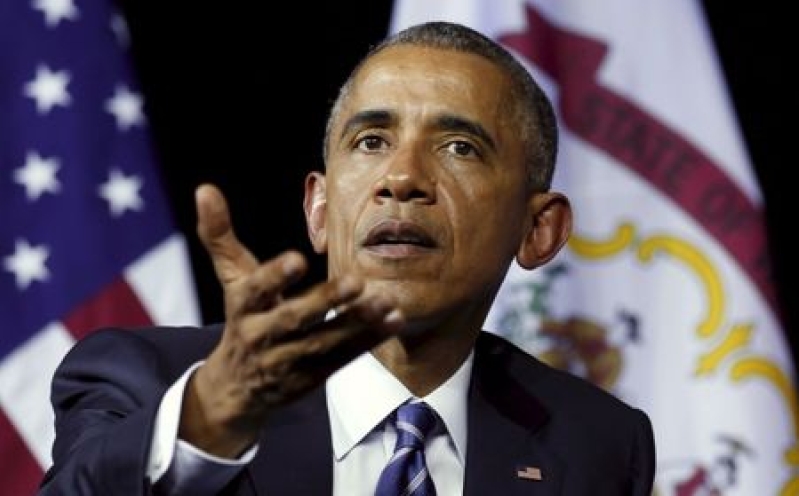
Twenty-five states and several business groups on Friday launched legal challenges seeking to block the Obama administration's proposal to curb carbon dioxide emissions from power plants, the centerpiece of its high-profile climate change strategy.
West Virginia, Texas, Florida and Ohio are among the states challenging the Environmental Protection Agency's Clean Power Plan in a Washington, D.C. court, saying it pushes beyond the limits of the federal Clean Air Act. The U.S. Chamber of Commerce and the National Association of Manufacturers are among business groups that filed a separate challenge.
"EPA claims to have sweeping power to enact such regulations based on a rarely used provision of the Clean Air Act but such legal authority simply does not exist," West Virginia Attorney General Patrick Morrisey said.
The states said the emissions curbs will have "devastating impacts" on their economies.
Thomas Donohue, the Chamber's president, said the rule is "unlawful and a bad deal for America" in part because it will drive up electricity costs.
EPA Administrator Gina McCarthy said Friday the regulation, which aims to lower emissions from the country's power plants by 2030 to 32 percent below 2005 emission level, will survive the legal challenges.
"We are confident we will again prevail against these challenges and will be able to work with states to successfully implement these first-ever national standards to limit carbon pollution the largest source of carbon emissions in the United States," she said in a statement.
White House spokesman Eric Schultz told reporters the administration is confident the regulation is on solid legal ground.
The various court filings will be considered by the U.S. Court of Appeals for the District of Columbia Circuit. The court will first decide whether to block the regulation before it can go into effect. The court rarely grants such requests.
A three-judge panel will then hear oral arguments on the merits of the challenges before issuing a ruling. The decision could be appealed by the losing party to the Supreme Court.
The states and business groups will argue that the rule is illegal because it goes beyond regulating emissions directly at the source. They also say carbon emissions at existing power plants are already regulated under another section of the Clean Air Act.
Under the EPA rule, each state must submit a plan to comply with its emission-reduction target by September 2016 but can also request a two-year extension.
(Reporting by Valerie Volcovici and Lawrence Hurley; Editing by Grant McCool and Lisa Shumaker)






